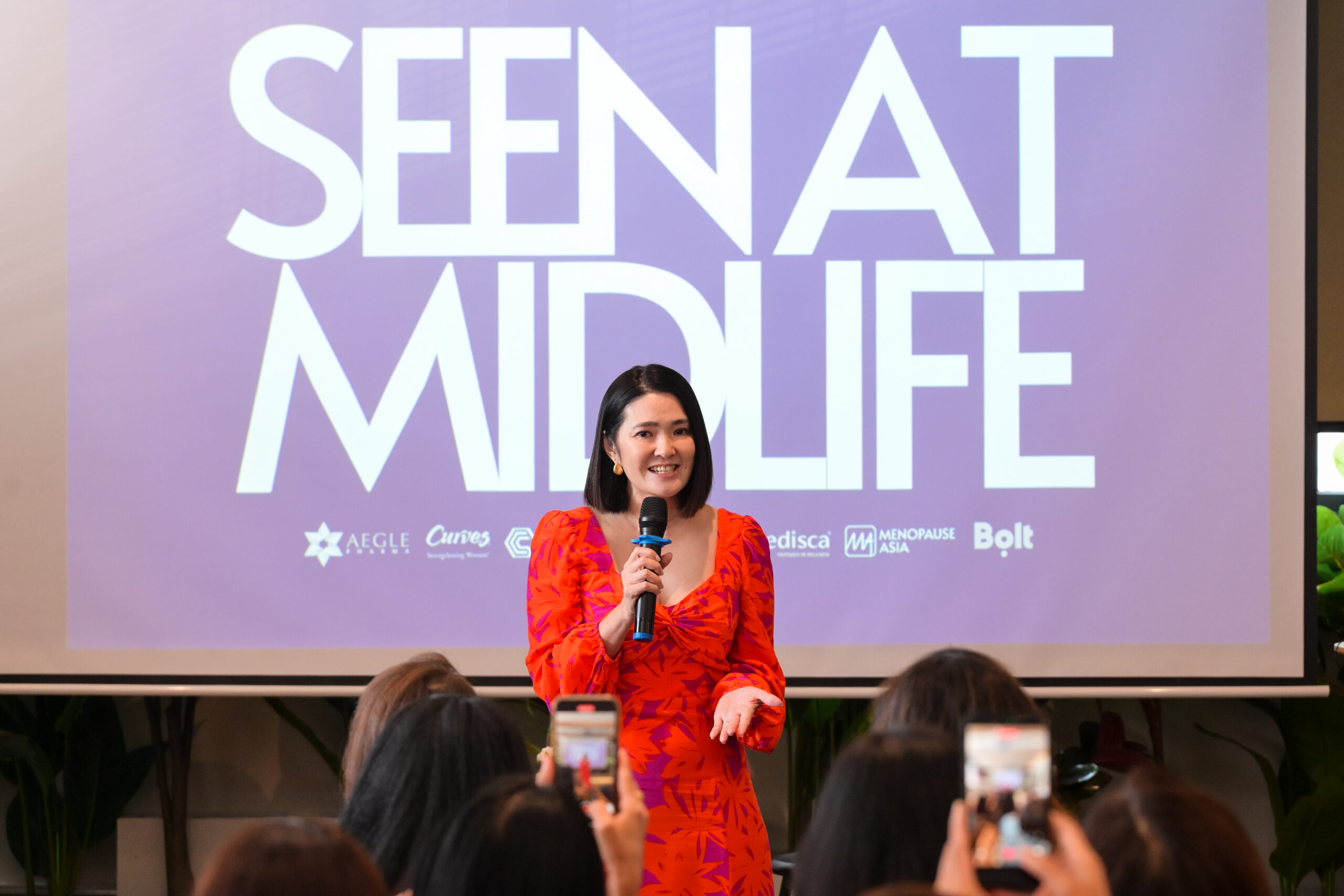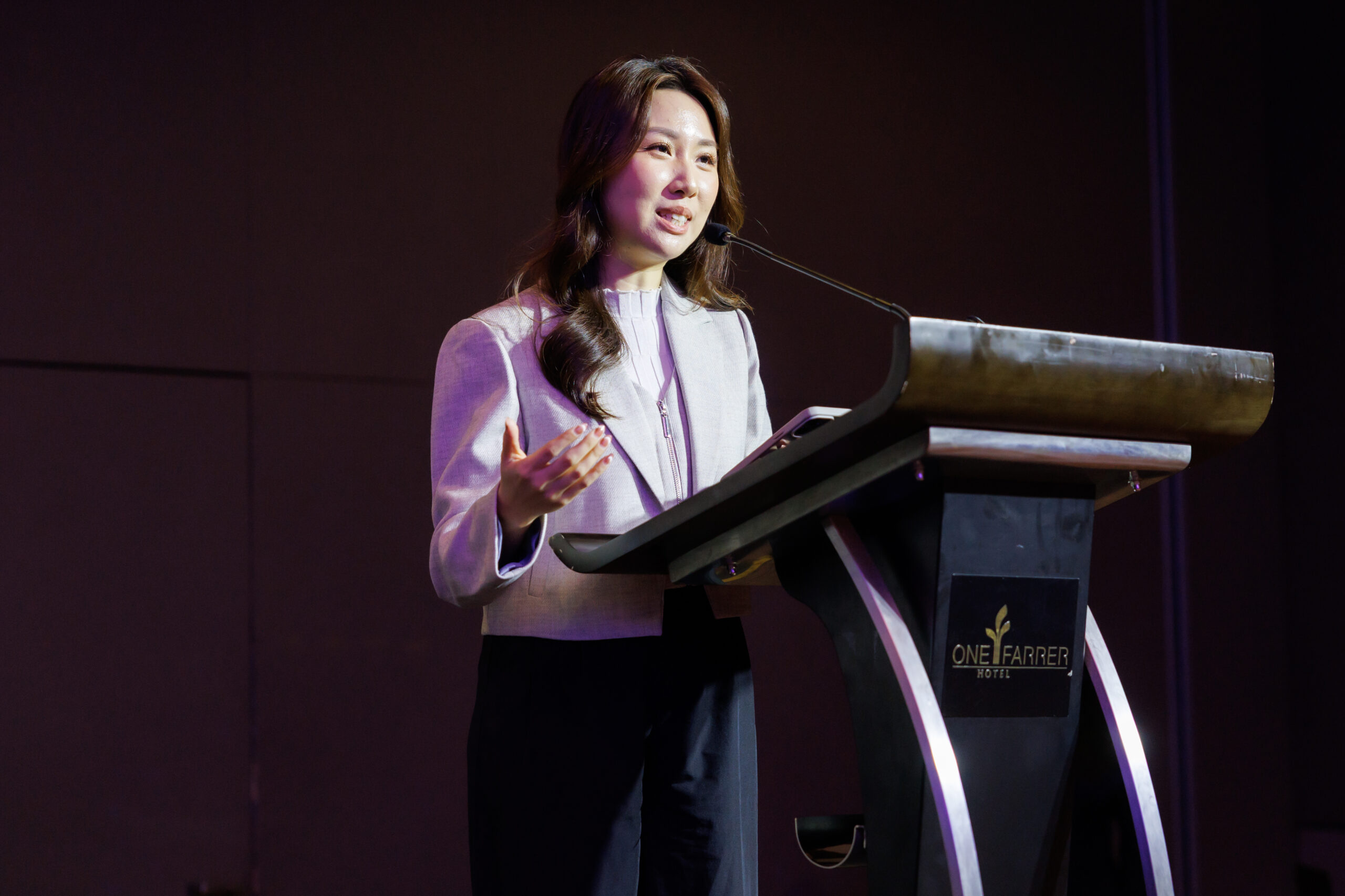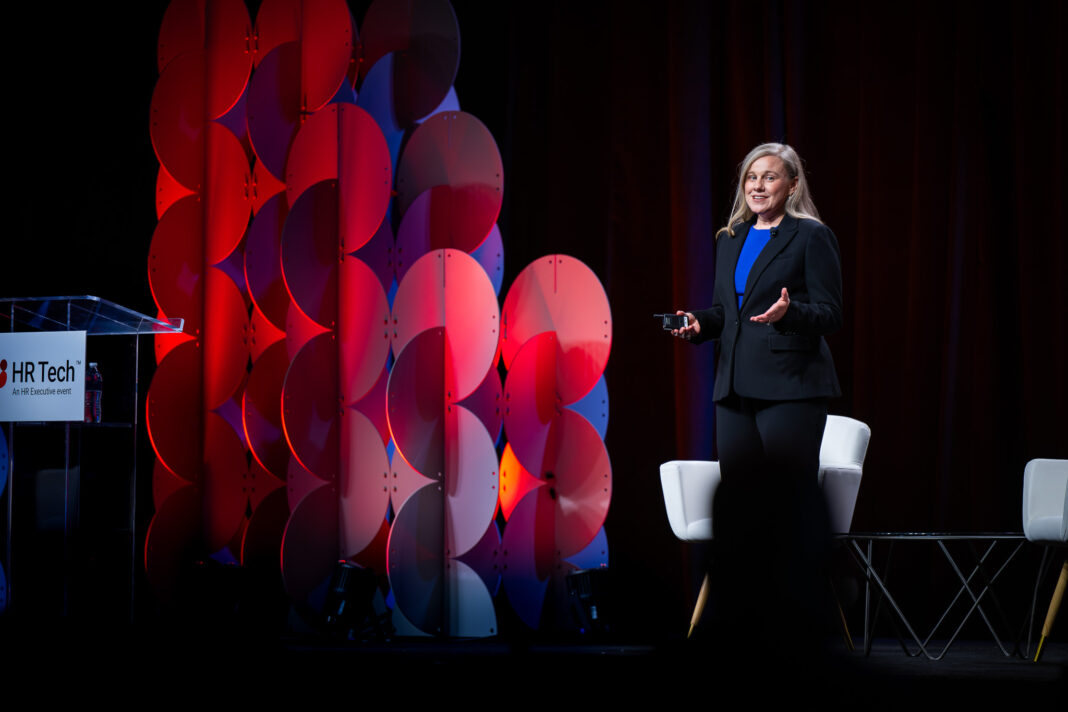How Bosch helps its employees ‘invent for life’
- Yamini Chinnuswamy
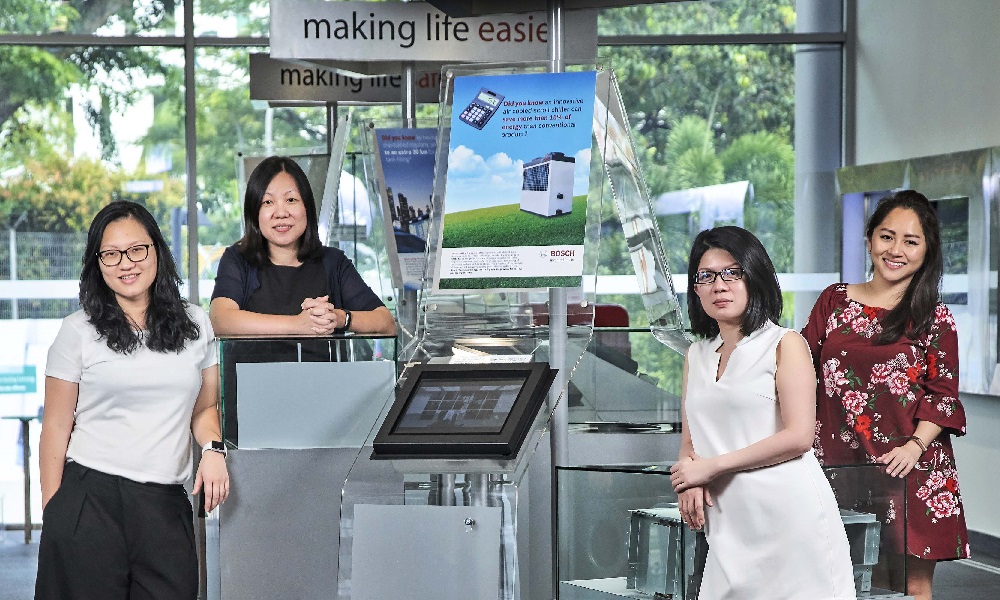
It’s very possible you have a Bosch drill or washing machine in your home, but even if you don’t, the company is likely present in your life in other ways. For one thing, it doesn’t just make appliances – it also contains an engineering firm that supplies hydraulic drives to London’s iconic Tower Bridge, among other famous landmarks.
“That’s the interesting thing about working at Bosch,” says Jane Tham, HR Director for Bosch Southeast Asia. “Most of our products are probably around you somewhere. Our slogan is ‘invented for life’, and that means using our technology to impact society.”
In Southeast Asia alone, the company has had a long and storied history of doing just that, having first opened shop in Indonesia in 1919.
But in this digital day and age, ‘technology’ takes on an additional connotation.
“We are, like many other organisations, transforming. But for Bosch specifically, our biggest shift has been our move into becoming an Internet-of-Things company – providing connected solutions for the current trend towards smart cities,” says Tham.
“So that has also influenced our branding, our image, the kind of work we do, and the kind of talent we need.”
The quick and obvious solution is to hire people to plug the new capability gaps that are popping up. And Bosch is certainly taking that route. But the company is also very much focused on reskilling large parts of its existing workforce.
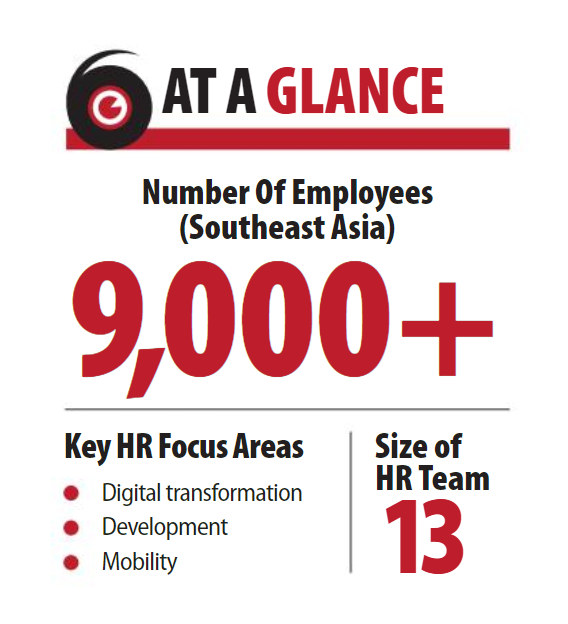 “There are companies out there that people describe as ‘hire and fire’, but that isn’t us. We make sure we prepare our people well enough to be able to progress along with us – because their knowledge is so valuable, whether it’s knowledge about the products or about our customers. It is critical to retain that knowledge,” says Tham.
“There are companies out there that people describe as ‘hire and fire’, but that isn’t us. We make sure we prepare our people well enough to be able to progress along with us – because their knowledge is so valuable, whether it’s knowledge about the products or about our customers. It is critical to retain that knowledge,” says Tham.
“As jobs get fluid and change every other day, HR now has to go into working with the business to redesign job scopes and team structures. We need to be prepared to match the strength of an individual, and account for their limits – especially if that individual has the right mindset towards change overall.”
Because, after all, change is the only constant in this era of disruption, and the most useful tool a person can have in gearing up for the future is an agile and responsive state of mind.
As Tham says, “We want our people in Southeast Asia to become comfortable with change.”
Evolving beyond processes and transactions
Even as employees are expected to be more agile, Tham is mindful that the company itself must be pliant and open-minded in its workforce approach.
“We have a very flexible working arrangement that’s gotten very strong over the years, and people now see it as a very good selling point for Bosch that they can go on sabbatical for a year, or have long-term work-from-home arrangements,” says Tham.
“Not everything has to be based on process; HR has to go beyond transactions. To me, everything can be flexible. That’s also how our HR team has progressed. We try to be flexible, but compliant, in meeting employee needs.”
Bosch is also taking this flexible approach to employee contracts.
“People are increasingly wanting to go and work freelance, rather than full-time, so we now have to manage this ‘gig economy’ as well, just so we can still access that talent,” says Tham.
The matrix organisation also comes into play. Bosch has long-functioned this way, but it’s now time for the next step.
“We’re actually breaking down the entire hierarchy. We are still a matrix, but now we’ve got a business unit – our power tools unit – which doesn’t have any reporting levels. They have transformed to have working groups that break and form as necessary. If a project doesn’t work, they dissolve, and move on to other things. That’s more difficult to do when you have a fixed structure,” explains Tham.
“Of course, at the very highest level, there is still someone overseeing the whole business. But otherwise, everyone has an equal part to play.”
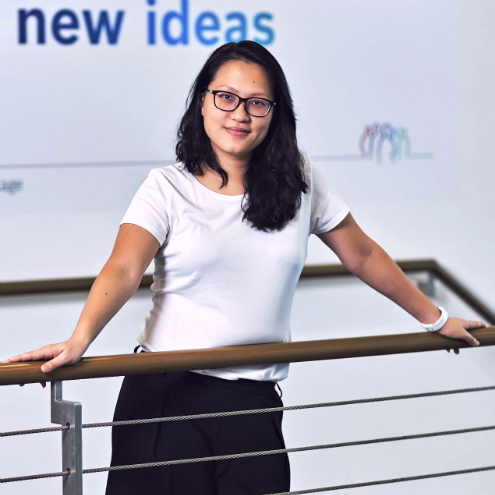
It’s all part of an overall workforce strategy that looks to prioritise employee engagement with a view towards long-term retention – of which development forms another vital prong.
“Development is one of the pain points that managers often come to me about: ‘How do we develop this person that we really want to retain? What can we offer them? What kind of roadmap can we help them build’,” Tham says.
Along these lines, Bosch Southeast Asia’s HR team pioneered a coaching programme in 2015, where stakeholders are trained and certified to provide an additional level of advisory support to their colleagues.
“That has actually helped greatly with retention, because through the coaching, employees have started to realise that a meaningful career is about more than just promotions,” says Tham. “Coaching does help change mindsets.”
In tandem, the HR team has also actively nurtured a strong feedback culture within the business.
“People are given the space now to change and improve constantly – it doesn’t all hinge on a once-a-year performance review process,” explains Tham.
“When we first started, people were very shy with the feedback, but as they realised that they could trust in the process – that feedback does have consequences, and is making tangible impact – they started warming up,” she says.




